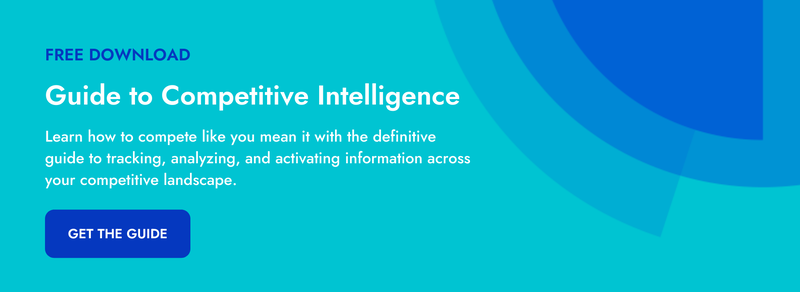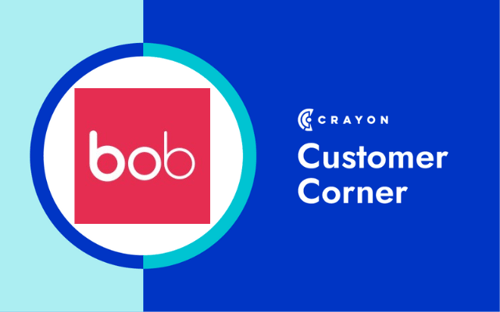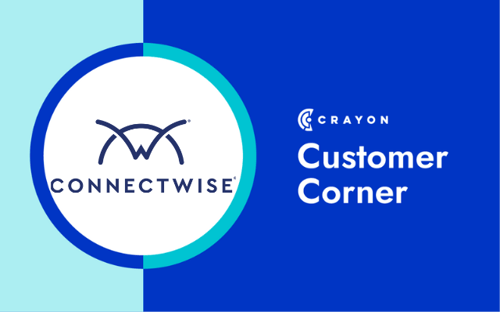 Crayon's Competitive Intelligence Spotlight is an interview series where we chat with intelligence professionals to get a glimpse into their careers and gain unique insight into competitive strategy. In this edition of the Competitive Intelligence Spotlight Series, we shine the light on Kimberly Bauer, an experienced Competitive Intelligence leader.
Crayon's Competitive Intelligence Spotlight is an interview series where we chat with intelligence professionals to get a glimpse into their careers and gain unique insight into competitive strategy. In this edition of the Competitive Intelligence Spotlight Series, we shine the light on Kimberly Bauer, an experienced Competitive Intelligence leader.
ED: Tell me a little bit about your career path. What was your first job, and how did you get into Competitive Intelligence?
KB: My first job out of college was with Target as an Executive Team Leader. It was an incredible opportunity for me to refine my leadership and communication skills. After Target, I started as a sales representative at one of the three largest higher education publishers. After a couple of years, I was recruited by one of our competitors. I worked my way through a nine-year career with three different roles including, sales management, market development, and finally, competitive intelligence.
My introduction to Competitive Intelligence was a simple one; I got a call one day and was asked to take on a new CI/customer insights role within the central marketing group. Not only was this role new to me, but it was brand new to the organization. It was up to me to build the role from the ground up.
ED: What do you think is the biggest misconception about competitive intelligence?
KB: The biggest misconception is that competitive intelligence is an act of espionage that may or may not include a series of unethical activities and detective level sleuthing. Instead, it’s the competitive intelligence professional’s duty to abide by their company’s code of business ethics while stringing together a series of insights to weave a story that helps decision-makers make decisions. We are storytellers, not just detectives, responsible for articulating the “so whats” behind intelligence.
ED: At what stage do you think a company should begin investing in competitive intelligence?
KB: The obvious answer is that organizations should invest in market and competitive intelligence from the start. It’s important to build the investment into the company’s culture from the beginning. However, the financial investment doesn’t have to be astronomical. Much of competitive intelligence can be collected through regular conversations with customers, leveraging their perspective on the market and direct and emerging competitors. Everyone in the organization should be responsible for surfacing competitive intelligence, so building the framework (and appropriate budget) into the organization’s culture from the beginning is imperative.
ED: How do you ensure that your stakeholders always have the best intel delivered to them?
KB: I spend a significant amount of time refining my list of stakeholders, ensuring that the leaders on my list represent a variety of business units and make critical decisions for the organization. I spend 20-30 minutes interviewing them (anything longer and they won’t schedule a call with you again) and tailor insights depending on their preferred delivery method, cadence, and focus. It ensures that the content curated is both timely and useful!
ED: What’s the biggest challenge you’ve faced in the competitive intelligence process?
KB: Budget is the most obvious challenge as competitive intelligence is frequently underfunded (or not funded at all!). However, lack of time is the most frequent challenge I’ve encountered. It’s important to focus your time on analysis that will help draw connections between facts and insights to help predict competitor and market behavior.
ED: What are the biggest CI changes you’ve seen over the last 5-10 years and where do you see it going?
KB: Within the last 5-7 years, competitive insights aggregators have popped up all over the market. These aggregators, when done well (*ahem* Crayon is the only one that does this well *ahem*), promise an AI algorithm that helps the CI professional become more efficient and spend more time on deeper analysis.
More recently, I’ve seen an increased focus on Win/Loss strategies, and a like-minded need to integrate closely with sales teams. Leadership teams crave CI professionals that can be compelling storytellers and can integrate the complete organization into the story.
ED: What skills do you think are necessary for someone who works in competitive intelligence?
KB: The skills necessary for someone who works in CI include a genuine curiosity and the ability to think beyond the obvious, an independent thinker/worker that also collaborates very well, and someone who possesses detailed organization that allows for efficiencies.
ED: How do you measure competitive intelligence success?
KB: When key decision-makers are able to make decisions with confidence and sales teams can strongly position their product’s key advantages, you know you have a successful competitive intelligence function.
ED: What’s the best career advice you’ve ever received?
KB: The most influential leaders I’ve worked for have taught me to prioritize family over everything else and never do something you aren’t learning from daily. Every time I’ve had to make a career move, I reflect on these simple rules, and everything falls into place.
ED: What’s the best book you’ve read recently? This can be work or non-work related.
KB: I’m a parent of a four year old girl and a seven month old boy, so I am in a constant battle between personal and professional development. For my professional life, I really enjoyed “Win/Loss Analysis” by Ellen Naylor. To help boost my parenting confidence, I am currently reading, “You are a f*cking awesome Mom” by Leslie Ann Bruce. Someday, I hope to weave together my learnings so I can start to understand the key factors that predict when and how I am winning (or subsequently losing) the parenting game!

Related Blog Posts
Popular Posts
-
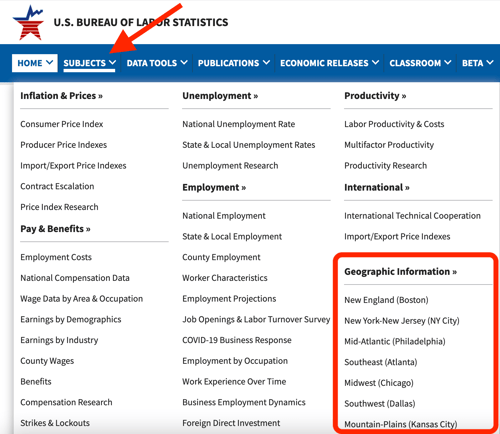 The 8 Free Market Research Tools and Resources You Need to Know
The 8 Free Market Research Tools and Resources You Need to Know
-
 6 Competitive Advantage Examples From the Real World
6 Competitive Advantage Examples From the Real World
-
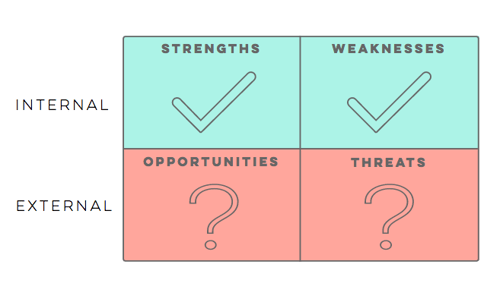 24 Questions to Consider for Your Next SWOT Analysis
24 Questions to Consider for Your Next SWOT Analysis
-
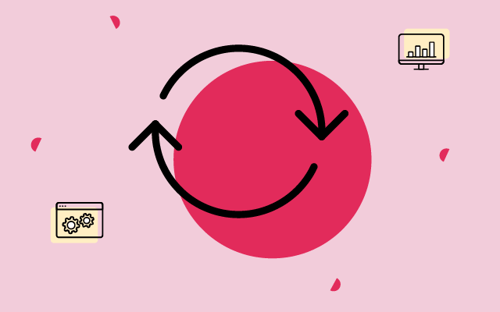 How to Create a Competitive Matrix (Step-by-Step Guide With Examples + Free Templates)
How to Create a Competitive Matrix (Step-by-Step Guide With Examples + Free Templates)
-
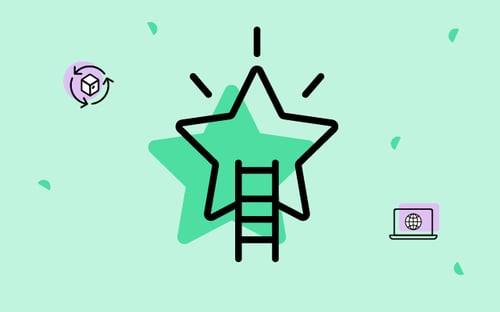 How to Measure Product Launch Success: 12 KPIs You Should Be Tracking
How to Measure Product Launch Success: 12 KPIs You Should Be Tracking

